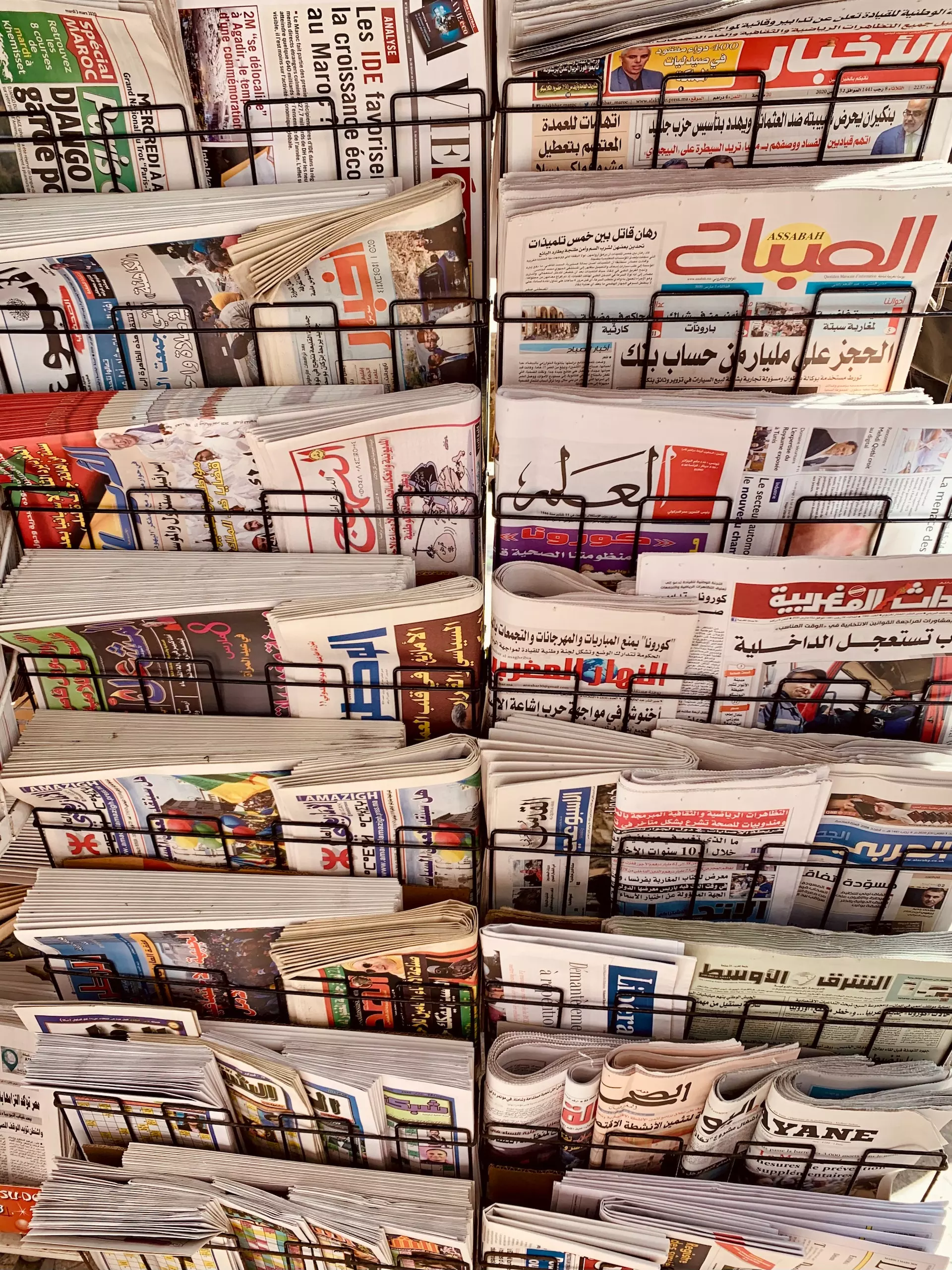
India-Canada diplomatic row: Western media mostly pro-Canada
Russia, China and Middle East mostly go for spot news, with very little commentary on the row

After the explosive allegation from Canadian Prime Minister Justin Trudeau last week, claiming that he had credible information linking India to the killing of prominent Sikh separatist leader Hardeep Singh Nijjar, the international press is abuzz with news reports and opinion pieces on the India-Canada diplomatic row.
In the Canadian press, the issue has evoked mixed reaction, with some columnists coming to the defence of the country in no uncertain terms, while several others treading cautiously, and outlining a pragmatic way forward. “Regardless of whether Mr Nijjar was merely a Sikh separatist or, as India maintains, a terrorist, he was a Canadian citizen, and entitled to the protections of Canadian law. The government of India had no right to kill him, or to do harm to him of any kind – not in India, and certainly not in Canada,” writes James Andrew Coyne in The Globe and Mail, one of Canada’s most widely read newspapers, which has reported on the issue since Day One.
In Toronto Star, Andrew Phillips argues that the Canadian government can’t back away from its claims and must keep going down the path. “It must let both Canadians and the world know more precisely what it knows. It needs to leave no doubt that it has more than suspicions, that there is firm ground for its belief that India was involved in the unjustifiable assassination of a Canadian citizen. Anything less will let India off the hook and leave Canada looking weak,” writes Phillips.
US, UK and Australia: ‘Gratuitous and wrong’
In the American media, there is a barrage of pieces that lambast the Indian side, extending overt support to Canada. Two of its best-known publications have carried opinion pieces in the last few days that leave little doubt who the US will be batting for should push come to shove. In what seems to be a provocative editorial in The Economist’s latest issue, titled ‘Death in Vancouver: If India ordered a murder in Canada, there must be consequences,’ The Economist underlines that the Western countries have ‘for too long acquiesced to the Indian government’s abuses’ and the row should be taken as a nadir.
“The Canada-India relationship, already blighted by Indian suspicions of separatist support in the 770,000-strong Sikh diaspora in Canada, has deteriorated. America and its allies will hope the rot stops there. Yet even if it does, they should consider this a wake-up call about the government of Narendra Modi — and their own eagerness to overlook its too-frequent abuses,” the piece reads. The weekly also comes down heavily on the Modi government for its own wrongdoings: “On its own turf, it (the Indian government) has muzzled the press, cowed the courts and persecuted minorities, even though none is a threat to it. The alleged assassination in Canada, too, appears gratuitous as well as wrong.”
The New York Times is equally trenchant. Its regular columnist Nicholas Kristof is willing to bet that Trudeau has solid evidence. He writes that India labelled Nijjar as a terrorist in 2020, without evidence, and later offered a cash reward for information leading to his arrest. “Trudeau is seeking to work with India on an investigation of the incident, but the Modi government has escalated the tension. It stopped issuing visas to Canadians and ordered Canada to cut its diplomatic staff in India. This episode should be a warning to Western leaders, including President Biden, who have fawned over Modi. The last couple of decades of travails with Vladimir Putin should have taught us something about the difficulties of trying to reform nationalist authoritarians, or the perils of granting them impunity,” Kristof writes.
The impact of the allegations, asserts an editorial in The Guardian, will not be limited to bilateral ties. “The Canadian prime minister referred to working closely with allies on the issue. As China has grown more forceful and hostile, the anglophone “Five Eyes” intelligence sharing group (Canada, the US, the UK, Australia and New Zealand) have grown closer and have increasingly seen India as a necessary counterweight and alternative economic partner… but India is on a trajectory that makes partnership with western democracies much more difficult,” one of Britain’s best-known newspaper writes.
Terming the allegations and counter accusations between New Delhi and Ottawa as the last thing the vital unity of the global democratic alliance needs as it seeks to stand up to the challenges posed by China and Russia, an editorial in The Australian wishes that both India and Canada “come to their senses and find a way to take the heat out of the crisis.”
Russia, China and Middle East: Mostly silence
In the Middle East media, the row has been heavily underplayed, with hardly any editorial or opinion on the issue in two of its major dailies, Gulf News and The Khaleej Times, barring the agency reports. In Doha-headquartered Al-Jazeera, however, Andrew Mitrovica writes that the Canadian allegation is nothing more than just that. “Trudeau didn’t provide any concrete ammunition — otherwise known as evidence — to support his stop-the-press claim. Rather, he relied on standard, bureaucrat-approved weasel words to point an accusatory finger at New Delhi while giving himself exculpatory space to insist that he never actually intended to incriminate India in a murder plot,” writes Mitrovica.
Similarly, there is very little on India-Canada’s diplomatic firestorm in the Russian media, including The Moscow Times, the major Russian newspaper in English, and Nezavisimaya Gazeta, one of the most respected newspapers there. Most Chinese publications are silent too, including People’s Daily. Perhaps in the days to come, they too will have something to say, but given the state of the press in both countries, it seems unlikely.

